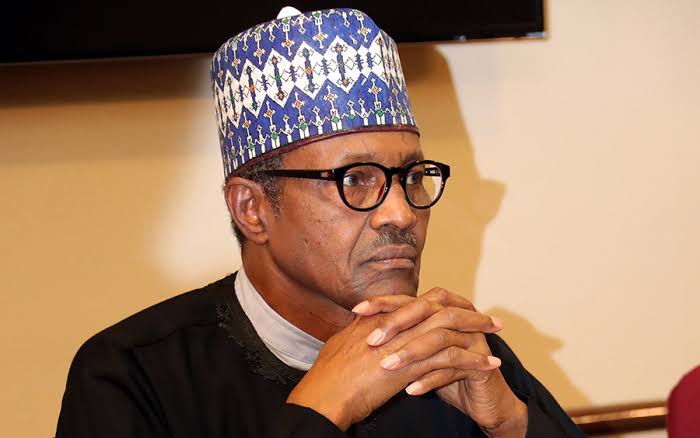The Nigerian economy has slipped into its second recession in five years as the gross domestic product contracted for the second consecutive quarter.
Nigeria’s gross domestic product shrank 3.6% in the three months through September from a year earlier, compared with a 6.1% contraction in the previous quarter, Statistician-General Yemi Kale said Saturday in a report released on Twitter.
Read also: Labour activists list how #EndSARS campaign redefines radicalism in Nigeria
The country had earlier recorded a 6.10 per cent contraction in the second quarter.
It is the nation’s second recession since 2016, and the worst economic decline in almost four decades.
The Nigerian economy has been battered by the coronavirus pandemic, which caused a significant decline in oil revenues as global economic activities stalled for months.
Crude oil accounts for nearly 90 per cent of Nigeria’s foreign exchange earnings although it contributes less than 10 per cent to the GDP. It contributed just 8.73 per cent to the economy in the latest report.
Oil production fell to 1.67 million barrels a day from 1.81 million barrels in the previous quarter, according to Bloomberg figures, the lowest since the third quarter in 2016 when the economy last experienced a recession.
Read also: ASUU strike won’t affect JAMB’s 2020/2021 admission process, says official
The World Bank forecast the Nigerian economy will contract by 3.2 per cent in 2020, assuming the spread of COVID-19 is contained by the third quarter. The International Monetary Fund forecast a contraction of 4.3 per cent.
Before the pandemic and its attendant disruption, the Nigerian economy was expected to grow by 2.1% in 2020.
The pandemic as well as border closure have seen the country record sustained inflation for more than two years, with the October figure of 14.25 per cent the highest in the last 30 months.
The Central Bank of Nigeria in September cut interest rates to 11.5 per cent to help boost borrowing and support the economy. It was the second reduction in months.
The latest development is likely to trigger a further cut of the policy rate. The monetary policy committee, which sets the rate, is to beging its two-day meeting on Monday.
Read also: ASUU Strike: Human Rights Activist, Agbese Writes PMB, Volunteers To Lead Negotiation With Union
![]()


